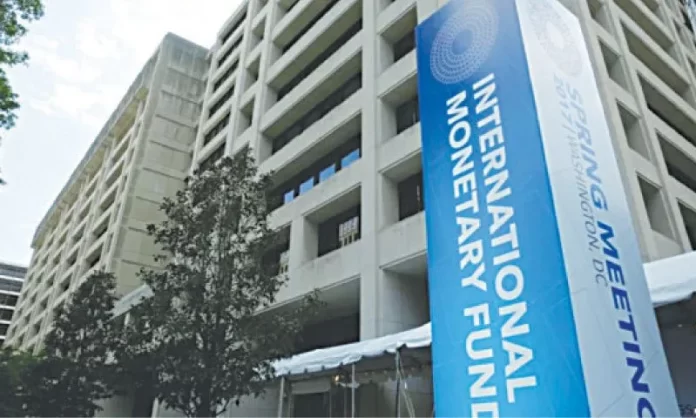A mission from the International Monetary Fund (IMF), led by Jan Kees Martijn, will pay a visit to Bucharest from November 5 to 8 to analyse latest economic and financial developments and to update macroeconomic forecasts.
An IMF mission, led by Jan Kees Martijn, will visit Bucharest from November 5 to 8 for a routine visit. The IMF team will analyse the latest economic and financial developments and will update the macroeconomic outlook, according to the IMF announcement signed by Geoff Gottlieb, IMF Regional Representative for Central, Eastern, and Southeastern Europe.
In its latest „World Economic Outlook” report, recently published, the IMF revised down its forecast for Romania’s economic growth this year to 1.9%, from the 2.8% projected in April.
According to the new figures published by the IMF, after a 2.1% growth last year, Romania’s economy will slow down to 1.9% this year, and is expected to accelerate to 3.3% in 2025. In the spring, the IMF had forecast a 2.8% growth for Romania’s GDP in 2024, which has also been revised down from the 3.8% growth projected last autumn.
At the same time, the international financial institution expects a continued worsening of Romania’s current account deficit, to 7.5% of GDP in 2024, up from 7.1% of GDP forecast in April. The IMF predicts a slight reduction in the current account deficit, to 7% of GDP in 2025, compared to a previous forecast of 6.8% estimated in the spring. According to the IMF’s forecasts, Romania’s current account deficit will remain at a high level, even in 2029, when it is expected to reach 5.9% of GDP.
Currently, Romania does not have a financing agreement with the International Monetary Fund, but the IMF evaluates the development of the Romanian economy annually, based on consultations under Article IV.
The consultations represent a mandatory surveillance exercise for all member states. The purpose of the consultations under Article IV is to examine the national financial and economic situation and to provide general recommendations regarding monetary, fiscal, and economic policies to ensure stability and positive development of the economy.
AGERPRES




